
Cumberland Gap National Historical Park: Where History and Nature Converge
Explore Cumberland Gap National Historical Park in Kentucky, a historic gateway to the west with scenic trails, rich history, and breathtaking vistas.
Cumberland Gap National Historical Park is a pristine sanctuary nestled in the Appalachian Mountains of southeastern Kentucky. Known as the 'Gateway to the West,' this park is steeped in rich history, dating back to when Native American tribes used the gap as a passage through the formidable mountain range. Pioneers like Daniel Boone also traversed this path, carving a route that would become crucial in America's westward expansion. Beyond its historical significance, Cumberland Gap offers an array of natural wonders and recreational activities. The park spans over 24,000 acres, featuring lush forests, breathtaking vistas, and diverse wildlife. Hikers can explore more than 85 miles of trails, ranging from easy walks to challenging treks, all providing stunning views of the surrounding landscapes. Don't miss the Pinnacle Overlook, where you can stand at the tri-state point of Kentucky, Virginia, and Tennessee, and gaze out over miles of rolling hills and valleys. For those interested in history, the park offers guided tours of Hensley Settlement, a restored early 20th-century mountain community. Additionally, the park's visitor center houses exhibits that delve into the area's rich cultural and natural history. Whether you're a history buff, nature enthusiast, or simply seeking a peaceful retreat, Cumberland Gap National Historical Park is a destination that promises a memorable and enriching experience.
Local tips in Cumberland Gap National Historical Park
- Wear sturdy hiking boots for trail exploration, as some paths can be rocky and uneven.
- Visit the Pinnacle Overlook early in the morning or late in the afternoon for the best light and fewer crowds.
- Check the weather forecast before your visit, as conditions can change rapidly in the mountains.
- Bring plenty of water and snacks, especially if you plan on hiking the longer trails.
- Take a guided tour of Hensley Settlement to gain deeper insights into the region's history and culture.
Cumberland Gap National Historical Park: Where History and Nature Converge
Cumberland Gap National Historical Park is a pristine sanctuary nestled in the Appalachian Mountains of southeastern Kentucky. Known as the 'Gateway to the West,' this park is steeped in rich history, dating back to when Native American tribes used the gap as a passage through the formidable mountain range. Pioneers like Daniel Boone also traversed this path, carving a route that would become crucial in America's westward expansion. Beyond its historical significance, Cumberland Gap offers an array of natural wonders and recreational activities. The park spans over 24,000 acres, featuring lush forests, breathtaking vistas, and diverse wildlife. Hikers can explore more than 85 miles of trails, ranging from easy walks to challenging treks, all providing stunning views of the surrounding landscapes. Don't miss the Pinnacle Overlook, where you can stand at the tri-state point of Kentucky, Virginia, and Tennessee, and gaze out over miles of rolling hills and valleys. For those interested in history, the park offers guided tours of Hensley Settlement, a restored early 20th-century mountain community. Additionally, the park's visitor center houses exhibits that delve into the area's rich cultural and natural history. Whether you're a history buff, nature enthusiast, or simply seeking a peaceful retreat, Cumberland Gap National Historical Park is a destination that promises a memorable and enriching experience.
When is the best time to go to Cumberland Gap National Historical Park?
Unmissable attractions to see
KY-TN-VA Tri-State Point
Explore the KY-TN-VA Tri-State Point, a unique landmark where Kentucky, Tennessee, and Virginia meet, rich in history and cultural diversity.
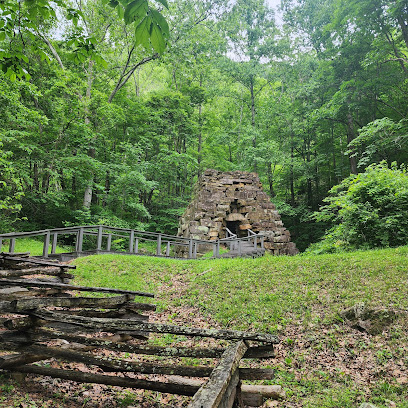
Cumberland Gap National Historical Park Visitor Center
Explore the Cumberland Gap National Historical Park Visitor Center for a rich blend of history, nature, and adventure in a breathtaking setting.
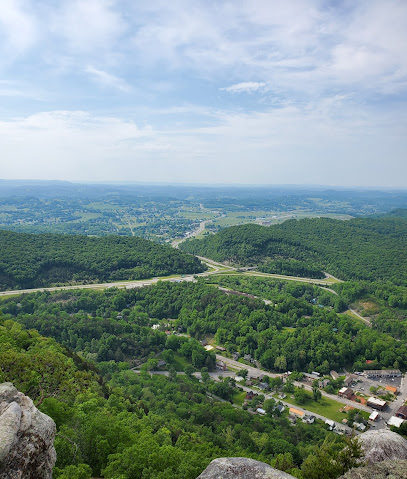
Gap Cave
Discover the enchanting underground world of Gap Cave in Ewing, Virginia, where breathtaking formations await every explorer.
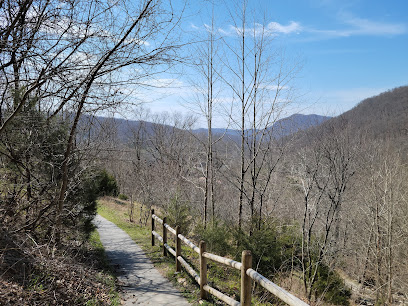
Little Congress Bicycle Museum
Discover the fascinating history of cycling at the Little Congress Bicycle Museum in Cumberland Gap, a charming destination for bike enthusiasts and curious travelers.
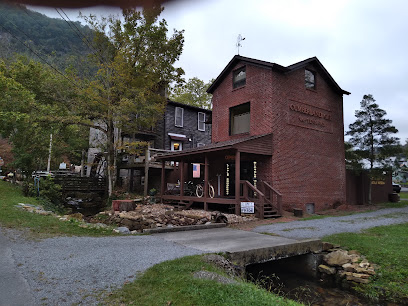
Hensley Settlement
Explore the rich cultural heritage and stunning natural beauty of Hensley Settlement, a historical place museum in the heart of Kentucky.
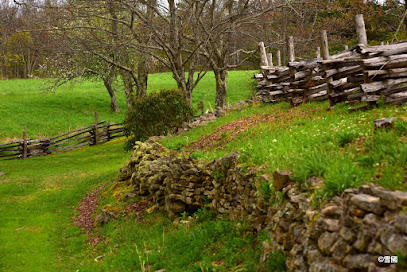
Bell County Historical Society
Explore the rich history of Middlesboro at Bell County Historical Society, where local heritage comes alive through engaging exhibits and dedicated storytelling.
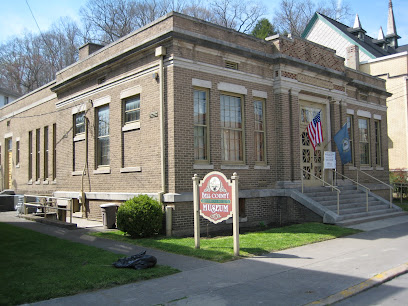
Cumberland Gap Marker
Explore the Cumberland Gap Marker, a historic site that showcases the journey of early American settlers through the Appalachian Mountains.
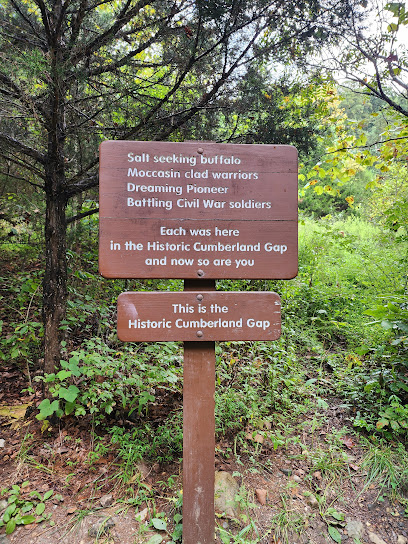
Olde Towne Cumberland Gap Ghost Tours
Explore the chilling legends and ghostly tales of Cumberland Gap with Olde Towne Ghost Tours, a captivating journey through haunted history.
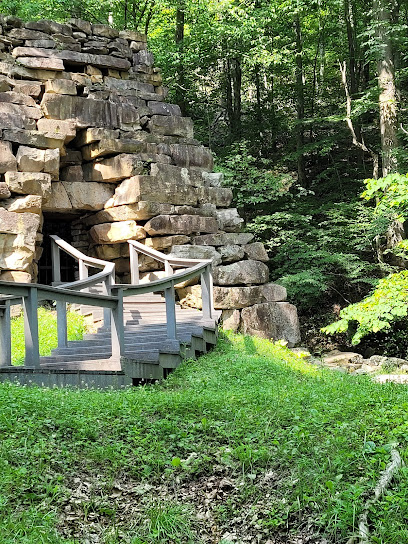
Tri-State Trail
Discover the beauty of the Tri-State Trail in Middlesboro, Kentucky – a premier hiking destination surrounded by breathtaking landscapes and rich biodiversity.
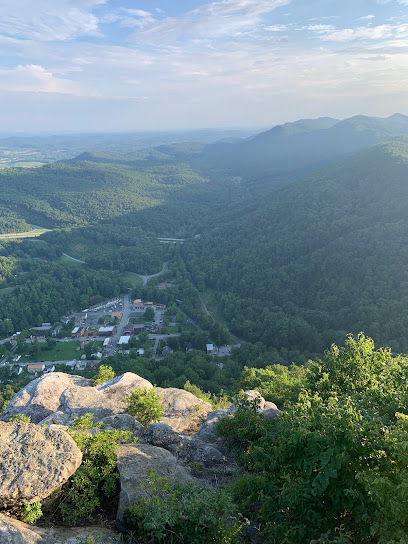
Middlesboro / Arthur Museum
Explore the rich local history and culture at the Middlesboro Arthur Museum, a captivating journey through time in Kentucky.
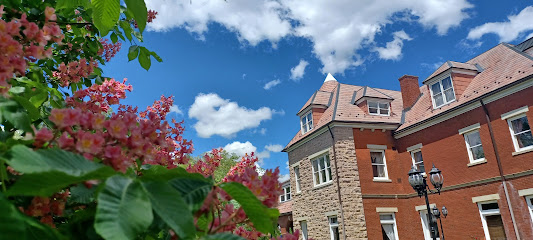
Cumberland Gap National Historical Park Sign
Explore the rich history and breathtaking landscapes of Cumberland Gap National Historical Park, where adventure and nature meet.
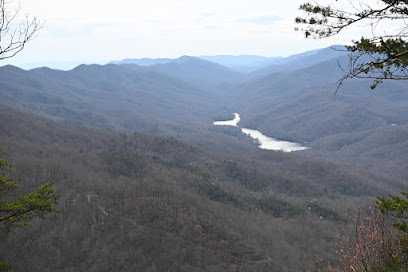
Harrison Mayes Roadside Cross
Discover the serene Harrison Mayes Roadside Cross in Harrogate, TN, a spiritual landmark perfect for reflection amidst beautiful Tennessee nature.
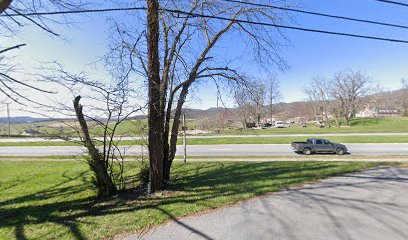
Markets, malls and hidden boutiques
Three Bears General Store
Explore a charming blend of gifts, sweets, and fun at Three Bears General Store in Pigeon Forge, the ultimate tourist shopping destination.
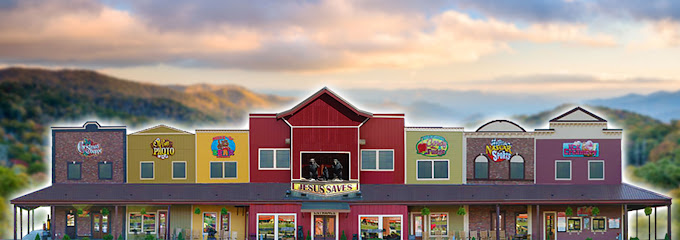
Cumberland Falls State Resort Park
Experience the breathtaking beauty and outdoor adventures at Cumberland Falls State Resort Park in Kentucky, a perfect retreat for nature enthusiasts.
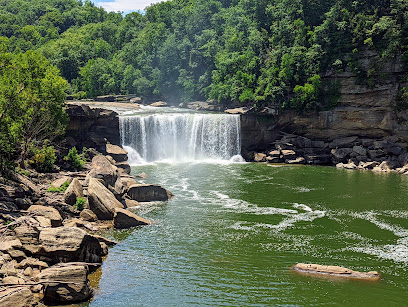
Cumberland Gap National Historical Park
Discover the scenic wonders and rich history of Cumberland Gap National Historical Park, where nature and heritage intertwine beautifully.
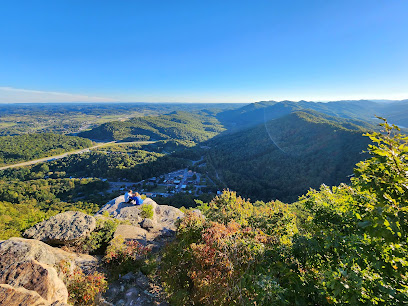
Pilot Travel Center
Discover the Pilot Travel Center in Corbin, Kentucky – your go-to spot for convenience, comfort, and quality service on your travels.
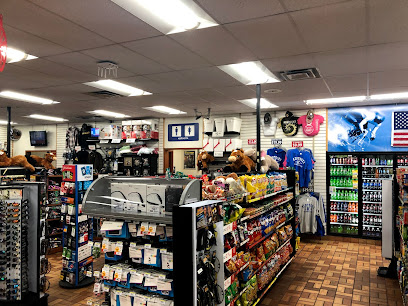
Middlesboro Mall
Explore Middlesboro Mall: A vibrant shopping center in Kentucky with diverse stores, delicious dining, and entertainment for all ages.
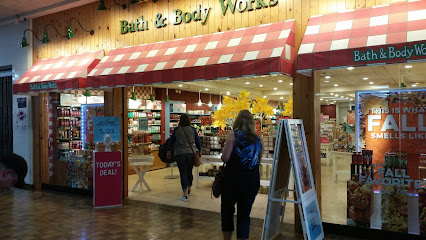
Gap Creek Coffee House
Explore the rustic charm and delightful brews of Gap Creek Coffee House in Cumberland Gap, Tennessee - your cozy retreat for great coffee and pastries.
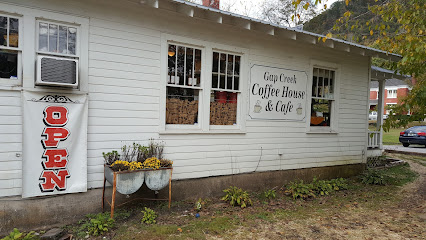
Kingdom Come State Park
Explore the breathtaking landscapes and diverse wildlife at Kingdom Come State Park, a premier outdoor destination in Eastern Kentucky.
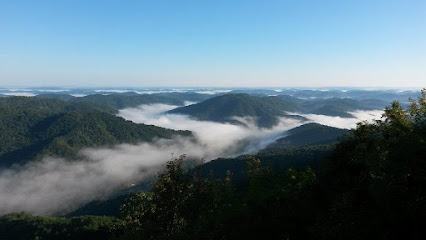
Dog Patch Trading Post
Explore the unique charm of Dog Patch Trading Post, where local artistry meets delightful souvenirs in the heart of Kentucky.
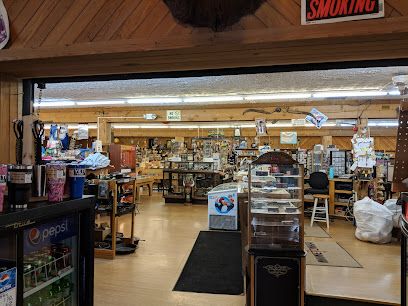
Books-A-Million
Discover a world of books, collectibles, and unique gifts at Books-A-Million in Corbin, KY - a paradise for book lovers and collectors.
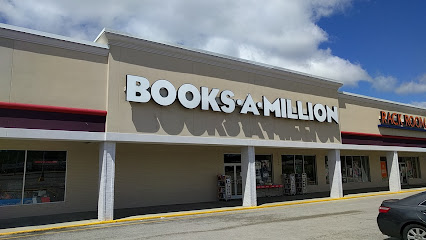
Bath & Body Works
Explore Bath & Body Works in Middlesboro, KY for luxurious beauty supplies, captivating fragrances, and thoughtful gifts that elevate your self-care routine.
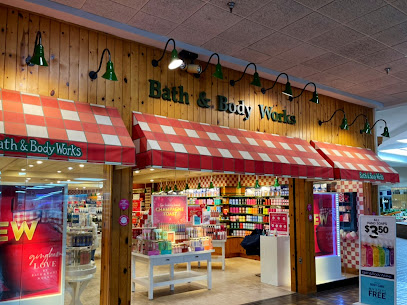
Pickers Paradise
Explore a treasure trove of vintage finds at Pickers Paradise in Tazewell, Tennessee - a haven for antique lovers and history buffs alike.
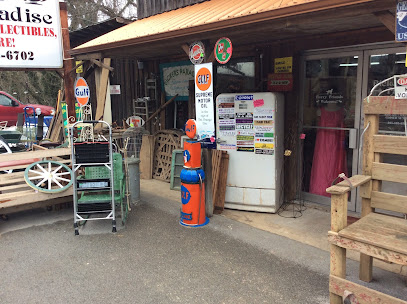
Cumberland Gap National Historical Park Visitor Center
Explore history and nature at the Cumberland Gap National Historical Park Visitor Center, your gateway to breathtaking landscapes and rich cultural heritage.
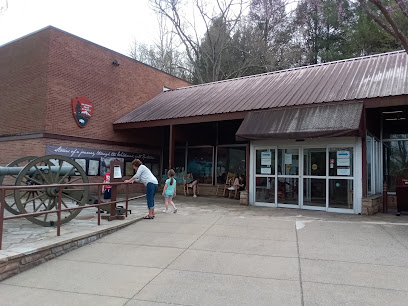
Cumberland Gap
Cumberland Gap: A historic mountain pass offering stunning views, rich heritage, and endless outdoor adventures in Virginia.
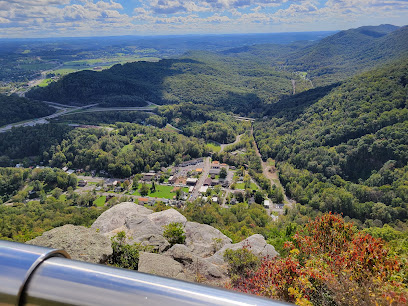
Roses Discount Store
Explore Roses Discount Store in Middlesboro for unbeatable prices on clothing, electronics, home goods, and more—perfect for every budget!
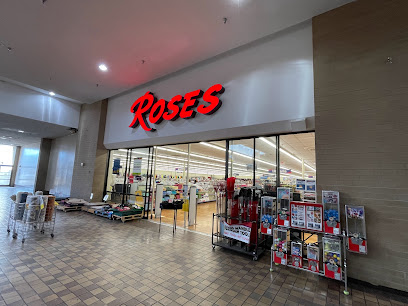
A Touch of Class
Discover the finest floral artistry at A Touch of Class in Middlesboro, KY, where every arrangement is crafted with passion and expertise.
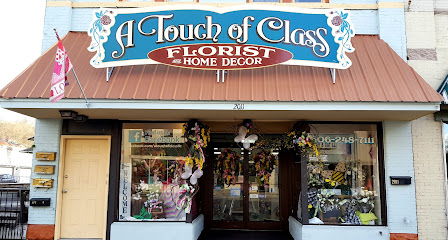
Essential bars & hidden hideouts
Cracker Barrel Old Country Store
Experience the warmth of Southern hospitality at Cracker Barrel Old Country Store in Middlesboro, KY, where hearty meals and nostalgic gifts await.
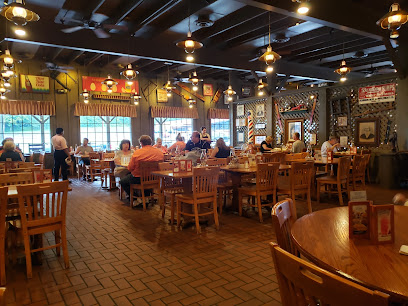
The Wrigley Taproom & Eatery
Discover delightful New American cuisine and an impressive craft beer selection at The Wrigley Taproom & Eatery in Corbin, Kentucky.
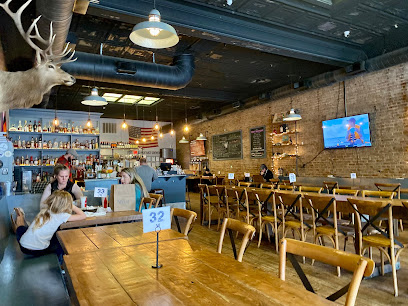
Sonic Drive-In
Experience the nostalgia of American fast food at Sonic Drive-In in Middlesboro, Kentucky, where flavorful meals and a unique drive-in experience await.
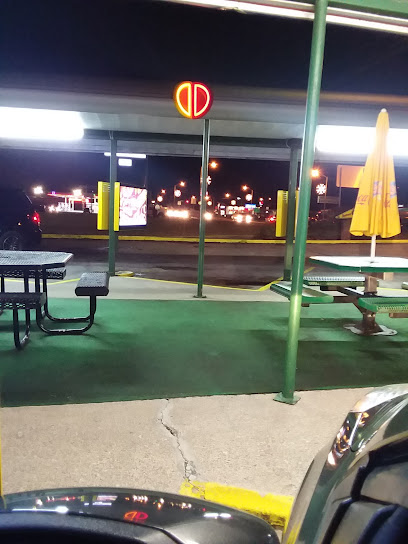
Shades Café & Steakhouse
Discover Shades Café & Steakhouse, where exceptional steaks and a cozy café ambiance meet in the heart of Middlesboro, Kentucky.
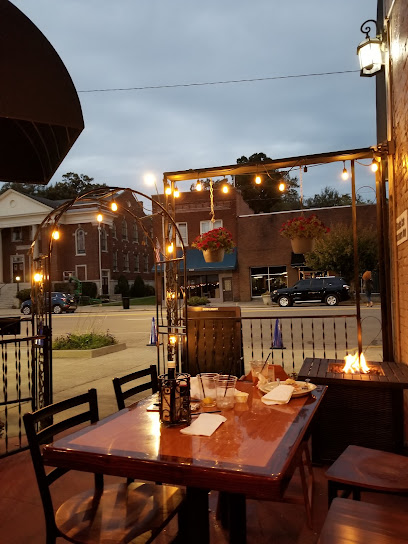
Gap Creek Coffee House
Discover the warm ambiance and delicious offerings at Gap Creek Coffee House, your perfect stop in Cumberland Gap, Tennessee.
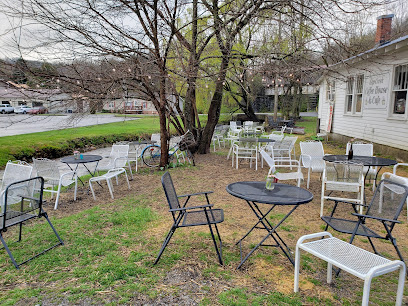
Pelancho's
Discover authentic Mexican cuisine and a vibrant atmosphere at Pelancho's, Middlesboro's top spot for delicious food and drinks.
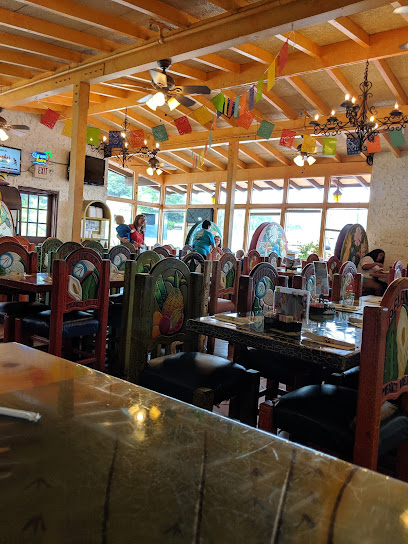
El Mariachi Mexican Grill
Experience authentic Mexican cuisine at El Mariachi Mexican Grill in Middlesboro, a vibrant destination for flavorful dishes and lively atmosphere.
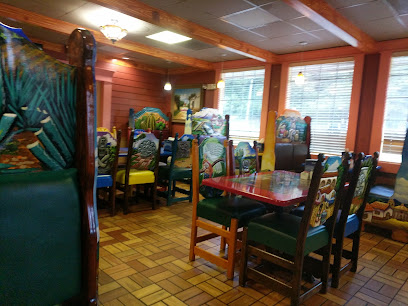
Royal Waffle King
Discover delicious waffles and hearty breakfast dishes at Royal Waffle King, a beloved breakfast gem in Middlesboro, KY.
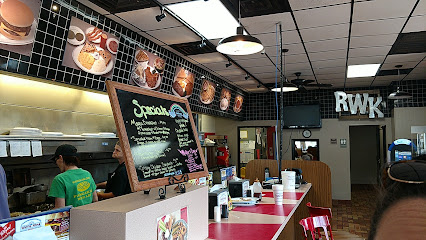
Frosty Mug Drive In
Experience the charm of classic American drive-in dining at Frosty Mug Drive In, serving delicious hot dogs and comfort food in Harrogate, TN.
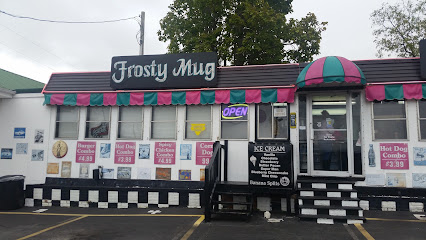
Conley's Drive-In Restaurant
Discover the charm of classic American dining at Conley's Drive-In Restaurant in Middlesboro, KY, where nostalgia meets deliciousness.
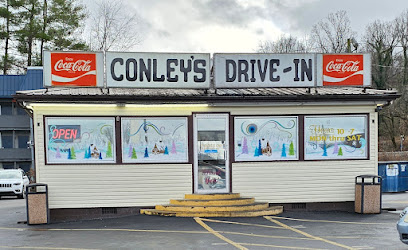
McDonald's
Experience the quintessential fast-food dining at McDonald's Middlesboro, where classic American flavors meet convenience.
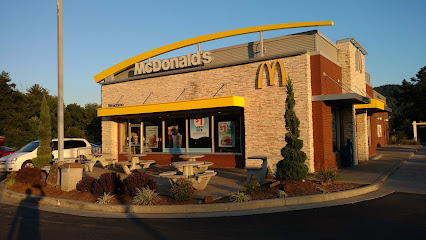
La Esperanza Mexican Restaurant
Experience authentic Mexican cuisine and vibrant atmosphere at La Esperanza Mexican Restaurant in Middlesboro, Kentucky.
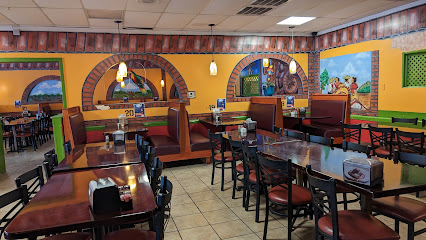
Angelo's In The Gap
Experience the flavors of Italy at Angelo's In The Gap, where delicious cuisine meets stunning views in Cumberland Gap, Tennessee.
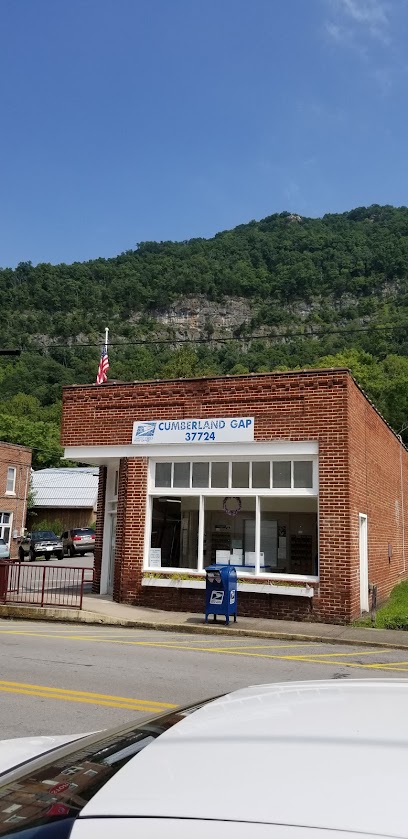
Cumberland avenue La Esperanza
Experience the vibrant flavors of Mexico at La Esperanza, Middlesboro's go-to Mexican restaurant for authentic cuisine and warm hospitality.
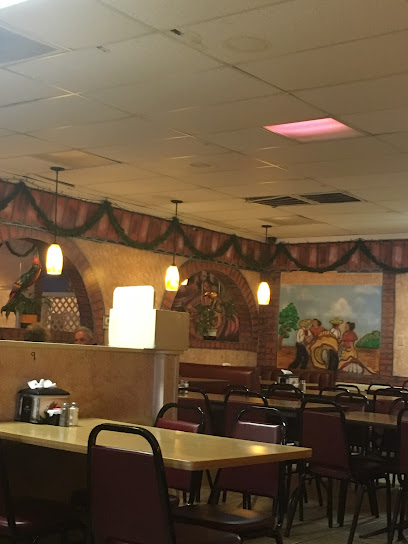
Cowboys Mexican Grill and Pizzeria
Discover the vibrant flavors of Mexico and the comfort of pizza at Cowboys Mexican Grill and Pizzeria in Harrogate, TN.
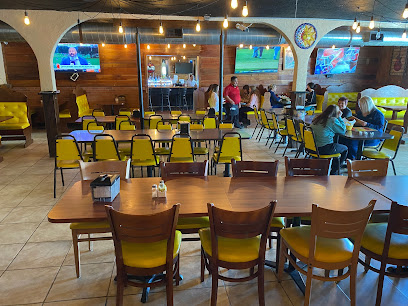
Local Phrases about Cumberland Gap National Historical Park
-
- HelloHowdy
[haw-dee] - GoodbyeSee ya
[see yuh] - YesYup
[yuhp] - NoNah
[nah] - Please/You're welcomePlease/You're welcome
[pleez/yur wel-cum] - Thank youThanks
[thanks] - Excuse me/SorryPardon me
[par-dun mee] - How are you?How y'all doin'?
[haw y'all doin'] - Fine. And you?Fine. And you?
[fahyn. and yuh?] - Do you speak English?Ya speak English?
[ya speak ing-glish?] - I don't understandI don't cotton to that
[ah dun't kah-tun tuh that]
- HelloHowdy
-
- I'd like to see the menu, pleaseI'd like to see the menu, please
[ah'd like tuh see the men-yoo, pleez] - I don't eat meatI don't eat meat
[ah dun't eat meet] - Cheers!Cheers!
[cheers] - I would like to pay, pleaseI would like to pay, please
[ah wood like tuh pay, pleez]
- I'd like to see the menu, pleaseI'd like to see the menu, please
-
- Help!Help!
[help!] - Go away!Git!
[git!] - Call the Police!Call the Sheriff!
[call the sheriff!] - Call a doctor!Call a doc!
[call a doc!] - I'm lostI'm turned around
[ahm turnd around] - I'm illI'm under the weather
[ahm un-dur the we-ther]
- Help!Help!
-
- I'd like to buy...I'd like to buy...
[ah'd like tuh bahy...] - I'm just lookingI'm just lookin'
[ahm just look-in'] - How much is it?How much is it?
[haw much iz it?] - That's too expensiveThat's too steep
[that's tooh steep] - Can you lower the price?Kin ya knock the price down?
[kin yuh nok the price down?]
- I'd like to buy...I'd like to buy...
-
- What time is it?What time is it?
[what time iz it?] - It's one o'clockIt's one o'clock
[its wun uh-klok] - Half past (10)Half past (10)
[haf past (10)] - MorningMornin'
[morn-in'] - AfternoonAfternoon
[after-noon] - EveningEvenin'
[even-in'] - YesterdayYestiddy
[yes-ti-dee] - TodayToday
[to-day] - TomorrowTomorrer
[tom-or-er] - 1One
[wun] - 2Two
[too] - 3Three
[three] - 4Four
[fawr] - 5Five
[fahyv] - 6Six
[siks] - 7Seven
[sev-un] - 8Eight
[ayt] - 9Nine
[nayn] - 10Ten
[ten]
- What time is it?What time is it?
-
- Where's a/the...?Where's a/the...?
[wheres uh/the...] - What's the address?What's the address?
[whats the address?] - Can you show me (on the map)?Can you show me (on the map)?
[kin yuh show mee (on the map)?] - When's the next (bus)?When's the next (bus)?
[whens the next (bus)?] - A ticket (to ....)A ticket (to ....)
[uh ticket (to ....)]
- Where's a/the...?Where's a/the...?
History of Cumberland Gap National Historical Park
-
The Cumberland Gap, often referred to as the 'first great gateway to the west,' is a natural break in the Appalachian Mountains. Formed over millions of years through the powerful forces of erosion and tectonic shifts, this passageway became a crucial corridor for migration and trade. The gap itself is a result of ancient rivers that carved through the limestone and sandstone, creating a natural pass through the otherwise formidable mountain range.
-
Long before European settlers arrived, the Cumberland Gap was used by various Native American tribes, including the Cherokee and Shawnee. These indigenous peoples utilized the gap as a hunting ground and as a trade route, facilitating the exchange of goods and cultures across the region. Artifacts and oral histories have revealed the significance of the gap in the daily lives and spiritual practices of these early inhabitants.
-
In 1775, frontiersman Daniel Boone blazed a trail through the Cumberland Gap, known as the Wilderness Road. This route became one of the primary pathways for westward expansion, allowing thousands of settlers to move into Kentucky and beyond. Boone's pioneering efforts helped to open up the American frontier, making the Cumberland Gap a symbol of exploration and the pursuit of new opportunities.
-
During the American Civil War, the strategic importance of the Cumberland Gap was recognized by both Union and Confederate forces. The gap changed hands multiple times throughout the conflict, with each side vying for control of this vital passage. Fortifications and encampments were established in the area, remnants of which can still be seen today. The gap served as a critical supply route and a staging ground for military operations in the region.
-
In 1940, Cumberland Gap was designated as a National Historical Park to preserve its rich history and natural beauty. The park encompasses over 24,000 acres of rugged terrain, offering visitors the chance to explore the same landscapes that early settlers and soldiers once traversed. The establishment of the park has ensured that the cultural and historical significance of the Cumberland Gap is protected for future generations to appreciate and learn from.
-
Today, the Cumberland Gap National Historical Park serves as a living museum, showcasing the intersection of natural beauty and historical importance. Visitors can hike trails that follow the path of the Wilderness Road, explore caves that were used by Native Americans, and visit interpretive centers that provide insights into the region's rich past. The park also hosts events and reenactments that bring history to life, allowing modern-day explorers to connect with the stories and legacy of the Cumberland Gap.
Cumberland Gap National Historical Park Essentials
-
Cumberland Gap National Historical Park is located at the border of Kentucky, Tennessee, and Virginia. The nearest major airports are McGhee Tyson Airport (TYS) in Knoxville, Tennessee, and Blue Grass Airport (LEX) in Lexington, Kentucky. From either airport, you can rent a car to drive to the park. The park is accessible via US Route 25E, which runs through the Gap. There is also an Amtrak station in Harlan, Kentucky, about an hour's drive from the park.
-
While visiting Cumberland Gap National Historical Park, a car is the most convenient mode of transport. The park's visitor center and key trailheads have parking facilities. For those who prefer not to drive, local taxi services are available, though they may need to be arranged in advance. Bicycles are also a great way to explore the park, as there are several bike-friendly trails.
-
The official currency in the United States is the US Dollar (USD). Credit and debit cards are widely accepted in the visitor center and nearby towns. However, it's advisable to carry some cash for smaller purchases or in case you visit more remote areas where card payments might not be available. ATMs can be found in nearby towns such as Middlesboro, Kentucky.
-
Cumberland Gap National Historical Park is generally a safe destination for tourists. However, it is always wise to take standard precautions. Lock your car and do not leave valuables in plain sight. Be cautious when hiking and stick to marked trails. There are no specific high-crime areas targeting tourists, but staying vigilant and aware of your surroundings is always recommended.
-
In case of an emergency, dial 911 for immediate assistance. The park has rangers on duty who can help in emergencies. The closest hospital is Middlesboro ARH Hospital in Middlesboro, Kentucky, about a 15-minute drive from the park. It is advisable to carry a first aid kit and have travel insurance that covers medical emergencies. For minor issues, there are pharmacies in Middlesboro and nearby towns.
-
Fashion: Do wear comfortable, weather-appropriate clothing and sturdy hiking boots. Avoid wearing flip-flops or open-toed shoes on trails. Religion: Do be respectful of any religious symbols or sites you may encounter. Public Transport: Do plan your transport ahead as public transport options are limited. Greetings: Do greet park rangers and fellow hikers with a friendly hello. Eating & Drinking: Do carry out all trash and follow Leave No Trace principles. Don't feed wildlife or leave food scraps behind.
-
To experience Cumberland Gap National Historical Park like a local, make sure to hike the Pinnacle Overlook Trail for spectacular views. Visit during the fall when the foliage is at its peak. Engage with park rangers; they often share fascinating historical anecdotes and tips for the best spots to visit. Don’t miss the historic Hensley Settlement, an early 20th-century Appalachian community preserved within the park.
Nearby Cities to Cumberland Gap National Historical Park
-
Things To Do in Knoxville
-
Things To Do in Oak Ridge
-
Things To Do in Oak Ridge
-
Things To Do in Pigeon Forge
-
Things To Do in Pigeon Forge
-
Things To Do in Gatlinburg
-
Things To Do in Gatlinburg
-
Things To Do in Johnson City
-
Things To Do in Johnson City
-
Things To Do in Asheville
-
Things To Do in Asheville
-
Things To Do in Lexington
-
Things To Do in Lexington
-
Things To Do in Boone
-
Things To Do in Boone









